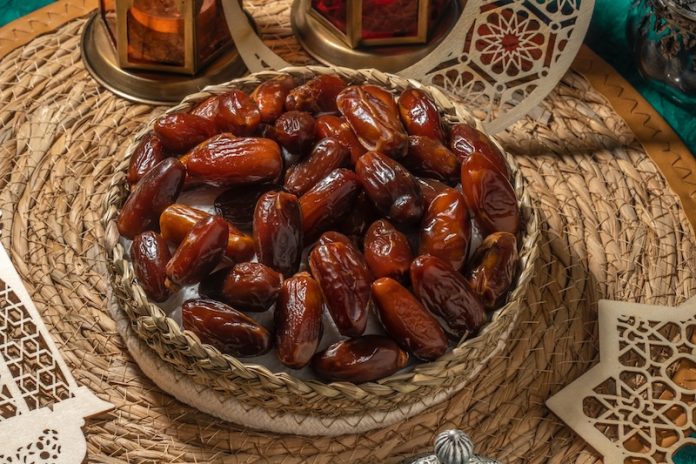
Anemia, a condition marked by a lack of healthy red blood cells, affects millions globally. It often results in fatigue, weakness, and a variety of other symptoms.
Iron deficiency is a common cause of anemia, and one effective way to combat it is through diet. This review aims to provide straightforward information about managing anemia with iron-rich foods, drawing on recent studies and research.
Understanding Anemia and Iron’s Role
Anemia occurs when your blood doesn’t have enough red blood cells or hemoglobin, the component in red blood cells that carries oxygen.
Iron is crucial for producing hemoglobin. Without sufficient iron, your body can’t make enough healthy red blood cells, leading to iron deficiency anemia.
The Importance of Iron in Your Diet
Your body absorbs two types of iron: heme and non-heme. Heme iron, found in animal products, is more easily absorbed. Non-heme iron, found in plants, is less readily absorbed but still plays a vital role in maintaining healthy iron levels.
Iron-Rich Foods to Include in Your Diet
Meat and Seafood:
-
- Why They’re Good: They are rich in heme iron.
- Options: Red meat, poultry, and fish are excellent sources. For instance, a serving of cooked beef or oysters packs a significant iron punch.
Leafy Green Vegetables:
-
- Why They’re Good: These are good non-heme iron sources.
- Options: Spinach, kale, and collard greens. Combining them with vitamin C-rich foods enhances iron absorption.
Legumes:
-
- Why They’re Good: Beans, lentils, and chickpeas are great plant-based iron sources.
- Options: Black beans, lentils, and chickpeas can be incorporated into various dishes.
Nuts and Seeds:
-
- Why They’re Good: They contain non-heme iron.
- Options: Pumpkin seeds, cashews, and hemp seeds are good choices.
Whole Grains and Fortified Foods:
-
- Why They’re Good: Some grains are fortified with iron.
- Options: Oatmeal, quinoa, and fortified cereals.
Dried Fruit:
-
- Why It’s Good: Dried fruits like apricots and raisins have concentrated iron.
- Options: Snack on a mix of dried fruits for a midday iron boost.
Research and Evidence
Studies have consistently shown that dietary changes can significantly impact iron levels. For example, research published in the “American Journal of Clinical Nutrition” found that including heme iron sources in your diet can improve iron status and reduce the risk of anemia.
Another study in the “Journal of Nutrition and Metabolism” highlighted the role of plant-based iron sources and the importance of combining them with vitamin C for better absorption.
Maximizing Iron Absorption
It’s not just about what you eat but also how you eat it. Here are some tips:
Combine Iron with Vitamin C: Vitamin C enhances non-heme iron absorption. Combine iron-rich plant foods with vitamin C-rich foods like oranges, strawberries, or bell peppers.
Avoid Certain Inhibitors: Some substances can inhibit iron absorption, like phytates found in whole grains and legumes, and polyphenols in tea and coffee. Try to consume these separately from iron-rich meals.
Cooking Methods Matter: Cooking methods can affect the iron content in food. For example, using a cast iron skillet can increase the iron content in your food.
Understanding Individual Needs
Everyone’s iron needs are different. Pregnant women, menstruating women, athletes, and vegetarians often require more iron.
It’s important to tailor your diet to your specific needs, and in some cases, iron supplements may be necessary. Always consult a healthcare professional before starting supplements.
Conclusion
Managing anemia with an iron-rich diet is a practical and natural approach.
By including a variety of iron-rich foods in your diet and understanding the best ways to maximize iron absorption, you can effectively manage and prevent iron deficiency anemia.
Remember, a balanced diet combined with lifestyle adjustments can significantly improve your iron levels and overall health.
Follow us on Twitter for more articles about this topic.
Copyright © 2023 Scientific Diet. All rights reserved.





